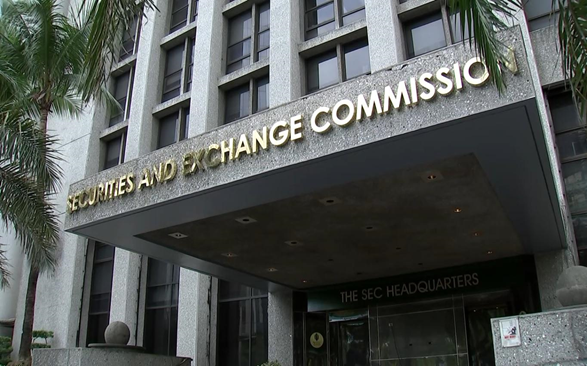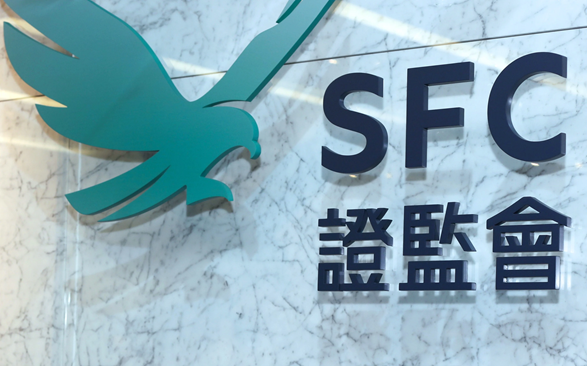by Jude Ayua
The Philippine Securities and Exchange Commission (SEC) has released draft Rules for crypto-asset service providers (CASPs). The Rules aim to create a clear regulatory framework for the Philippine crypto industry, provide investor protection, and ensure compliance with anti-money laundering (AML) and counter-financing of terrorism (CFT) standards. The draft, issued on 20 December 2024, seeks public comments until 18 January 2025.
Key provisions
- Licensing and registration requirements: CASPs must obtain a license from the Philippine SEC to operate in the country. The application process requires disclosure of business activities, risk management policies, and compliance with AML/CFT standards.
- Capital requirements: CASPs must meet specific financial obligations, including minimum paid-up capital and liquidity reserves to ensure financial stability.
- Consumer protection measures: The draft Rules mandate CASPs to provide transparent disclosures, including risk statements and terms of service, to ensure investors have full knowledge of the risks involved.
- AML/CFT compliance: CASPs must implement strict AML/CFT protocols, including know-your-customer (KYC) requirements, transaction monitoring, and reporting suspicious activities.
- Operational and security standards: The draft Rules specify cybersecurity protocols and data protection measures, ensuring the safeguarding of customer funds and sensitive information.
- Prohibited activities and enforcement: Unlicensed entities providing crypto-asset services will face enforcement actions, including fines and potential criminal liabilities.
- Promotion of crypto-assets and services: Only registered CASPs or authorized third-party service providers can promote or offer crypto asset services publicly and will be accountable for them. All marketing must be clear and concise and not misleading.
- Prohibition of market manipulation, insider trading and disclosures: CASPs and their affiliates must not offer false or misleading securities. Insiders must not trade based on personal knowledge of material nonpublic information about a CASP or share such information with others.
- Suspension or revocation of CASP license: The SEC may refuse, suspend, or revoke the authorization of a CASP for reasons such as noncompliance with or breach of the Rules, non-use of a CASP license within 12 months, failure to remedy violations, submission of false or misleading information, or voluntary termination of authorization.
Read also: Nigerian SEC raises the bar for VASPs in proposed amendment.
Key strengths of the proposed rules
The draft Philippine SEC Rules on CASPs represent a progressive step toward creating a structured and secure environment for digital assets operations in the Philippines. Key strengths of the Rules include its clear scope, investor protection, and alignment with international standards.
The Rules provide the applicability to various CASPs such as exchanges, custodians, and intermediaries as well as clear definitions for these entities. This comprehensive classification avoids ambiguity and clarifies the obligations of CASPs.
The requirement for a CASP to obtain an operating license ensures regulatory oversight and compliance with AML/CFT measures. The additional requirement for CASPs to make full disclosure of risks associated with crypto investments emphasizes consumer protection. For such disclosures to be made in public offering documents reduces the risk of misinformation and fraudulent schemes targeting uninformed investors.
The Rules’ alignment with international standards, such as the Financial Action Task Force recommendations for AML/CFT compliance, positions the Philippine SEC as a progressive regulator that seeks to balance financial innovation with investor protection.
Read also: Hong Kong’s SFC approves four crypto exchanges.
Areas for possible improvement
While the draft rules offer substantial regulatory clarity, certain areas could be improved for better market efficiency and inclusivity. One possible area for improvement is the lack of provision for the minimum capital requirement for CASPs. The Rules should state the required amounts for each type of CASP to pre-inform applicants.
Another possible improvement is in the area of investor protection. In addition to the risk disclosure requirements for CASPs, the Rules could provide for a section mandating the SEC to implement public education campaigns to help investors understand both the risks and benefits of digital assets. This will ensure a dual responsibility for enhanced investor protection.
Prospects
The Philippine SEC’s draft Rules on CASPs represent the country’s progressive effort in regulating the digital asset industry by ensuring compliance and protecting investors. If implemented effectively, the draft Rules could provide a comprehensive regulatory framework for crypto assets operations in the country, increase investor confidence, and attract big foreign operators. The Philippine SEC should consider possible reviews for more clarity and extend its responsibility in better protecting investors.
Read also: China’s new rules tighten restrictions on crypto transactions.
Jude Ayua is a policy analyst at CAB. A lawyer, Jude is an associate at Infusion Lawyers where he is a member of the Blockchain & Virtual Assets Group. He is also a member of the Policy & Regulations Committee of the Stakeholders in Blockchain Technology Association of Nigeria (SiBAN). Jude reports and writes on crypto policy and regulations. jude@infusionlawyers.com
Discover more from Crypto Asset Buyer
Subscribe to get the latest posts sent to your email.





